Home>Articles>What Is The Effect Of Oven Cleaner On Kitchen Countertops?
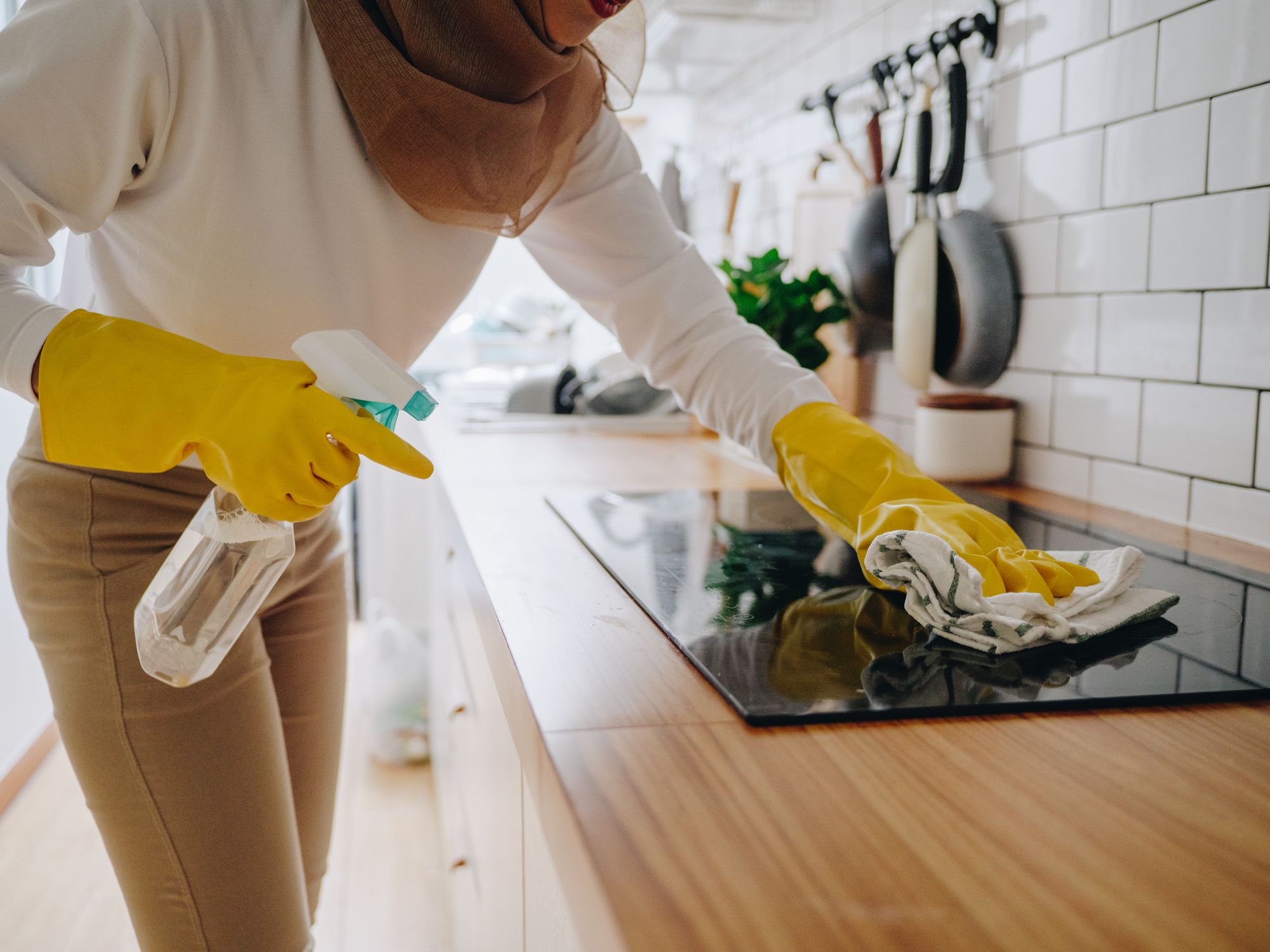

Articles
What Is The Effect Of Oven Cleaner On Kitchen Countertops?
Modified: February 23, 2024
Discover the impact of oven cleaner on kitchen countertops and learn how to protect your surfaces. Read our informative articles on this topic for expert insights.
(Many of the links in this article redirect to a specific reviewed product. Your purchase of these products through affiliate links helps to generate commission for Storables.com, at no extra cost. Learn more)
Introduction
When it comes to keeping our kitchens clean and hygienic, oven cleaners are often an essential tool. They are specifically designed to tackle tough grease and grime, making them a popular choice for maintaining the cleanliness of our ovens. However, it is important to understand that the chemicals in oven cleaners can have different effects on various surfaces, including our kitchen countertops.
Kitchen countertops play a significant role in the overall aesthetics and functionality of our kitchens. They are not only a vital workspace for food preparation but also contribute to the overall aesthetic appeal of the room. Therefore, it is crucial to understand how the use of oven cleaners may impact the durability and appearance of these surfaces.
By understanding the potential effects of oven cleaner on kitchen countertops, we can make informed decisions on how to properly care for and maintain these surfaces. In this article, we will explore the different types of kitchen countertops and delve into the chemical composition of oven cleaners. Additionally, we will examine the specific effects that oven cleaners may have on various countertop materials, including granite, quartz, laminate, and stainless steel.
By gaining a comprehensive understanding of the effects of oven cleaners on kitchen countertops, you can choose the most suitable cleaning methods and products to protect both the appearance and longevity of your countertops. So let’s dive into the details and discover the impact of oven cleaners on different types of kitchen countertops.
Key Takeaways:
- Choose appropriate, countertop-specific oven cleaners to preserve the beauty and longevity of granite, quartz, laminate, and stainless steel countertops. Test in inconspicuous areas and follow manufacturer’s instructions for optimal care.
- Prioritize safety and proper maintenance when using oven cleaners on kitchen countertops. Protect surfaces, rinse thoroughly, and use suitable cleaning tools to minimize damage and maintain the quality of your countertops.
Types of Kitchen Countertops
Kitchen countertops come in a variety of materials, each with its own unique characteristics and benefits. Understanding the different types of countertops available can help you make an informed decision when choosing the material that suits your style, budget, and needs. Here are some common types of kitchen countertops:
- Granite: Granite countertops are a popular choice due to their natural beauty and durability. They are heat-resistant, scratch-resistant, and can add an elegant touch to any kitchen. Granite countertops come in a range of colors and patterns, giving you plenty of options to choose from.
- Quartz: Quartz countertops are engineered surfaces made from natural quartz crystals mixed with resin and pigments. They are highly durable and resistant to stains, scratches, and heat. Additionally, quartz countertops require minimal maintenance and are available in a wide range of colors and designs.
- Laminate: Laminate countertops are an affordable option for those on a budget. They are made from layers of paper, resins, and melamine that are bonded together. Laminate countertops are available in various colors and patterns, making it easy to find a design that complements your kitchen decor.
- Stainless Steel: Stainless steel countertops are commonly seen in commercial kitchens, but they are also gaining popularity in residential kitchens. They have a sleek and modern appearance and offer excellent heat resistance and durability. Stainless steel countertops are easy to clean and maintain, making them a practical choice for busy kitchens.
Each type of kitchen countertop has its own set of advantages and considerations. By understanding the different materials available, you can choose the countertop that suits your style preferences, budget, and lifestyle. Now that we have a basic overview of the various countertop materials let’s explore how oven cleaners may affect these surfaces.
Chemical Composition of Oven Cleaners
To understand the potential effects of oven cleaners on kitchen countertops, we need to explore their chemical composition. Oven cleaners typically contain a combination of powerful chemicals that help break down stubborn grease and grime. The main ingredients found in most oven cleaners include:
- Sodium Hydroxide: Also known as lye or caustic soda, sodium hydroxide is a strong alkaline compound that acts as a degreaser and helps dissolve baked-on grease and food particles.
- Potassium Hydroxide: Similar to sodium hydroxide, potassium hydroxide is another strong alkaline compound used in oven cleaners for its ability to cut through grease and grime.
- Ethanolamine: Ethanolamine is a chemical ingredient that serves as a surfactant, helping water and oil blend together. This allows the cleaner to better penetrate and dissolve greasy deposits on oven surfaces.
- Solvents: Some oven cleaners may contain solvents such as glycol ethers or alcohols. These solvents help to dissolve and remove tough stains and residues on oven surfaces.
While these chemicals are effective in cleaning ovens, they may react differently with various countertop materials. Granite, quartz, laminate, and stainless steel countertops all have unique properties, and their reactions to oven cleaner chemicals can vary.
Granite countertops, for example, are generally resistant to most household chemicals, including oven cleaners. However, prolonged exposure to acidic cleaners or strong alkaline solutions may cause discoloration or etching on the surface. It’s important to rinse off any residues thoroughly to prevent any potential damage.
Quartz countertops, on the other hand, are less porous than granite and are generally more resistant to staining and etching. However, certain chemicals in oven cleaners, such as highly alkaline or acidic substances, can still cause discoloration or damage to the surface. It’s best to use gentle cleaners specifically formulated for quartz countertops.
Laminate countertops are generally more susceptible to damage from strong chemicals. The harsh alkaline or acidic components in oven cleaners can cause the laminate surface to deteriorate or fade over time. It’s recommended to opt for milder, non-abrasive cleaners when cleaning laminate countertops.
Stainless steel countertops are known for their durability and resistance to corrosion. However, some oven cleaners contain chlorine bleach, which can damage and corrode stainless steel surfaces. It’s important to choose oven cleaners specifically formulated for stainless steel or use milder alternatives to preserve the finish and shine of these countertops.
Understanding the potential reactions between oven cleaner chemicals and countertop materials can help you take the necessary precautions to protect your countertops. In the next sections, we will delve into the specific effects of oven cleaners on granite, quartz, laminate, and stainless steel countertops, providing guidance on proper care and maintenance for each type of surface.
Effect of Oven Cleaner on Granite Countertops
Granite countertops are a popular choice in kitchens due to their natural beauty and durability. However, it’s important to be aware of the potential impact of oven cleaners on these surfaces. While granite is generally resistant to most household chemicals, including oven cleaners, prolonged or repeated exposure to certain chemicals can still cause damage or discoloration.
The main concern when using oven cleaners on granite countertops is the potential reaction between the alkaline ingredients in the cleaner and the minerals present in the granite. Alkaline substances, such as sodium hydroxide or potassium hydroxide, can cause etching or dulling of the polished surface. This can result in a loss of shine and affect the overall appearance of the countertop.
To minimize the risk of damage, it is important to follow these guidelines when cleaning granite countertops with oven cleaner:
- Use a mild oven cleaner: Instead of using harsh oven cleaners with high alkaline content, opt for milder oven cleaners specifically formulated for granite or natural stone surfaces. These cleaners are designed to be gentle on the stone and help maintain its shine and color.
- Test in an inconspicuous area: Before applying the oven cleaner to the entire countertop, test it in a small, inconspicuous area. This will allow you to observe any adverse reactions or discoloration that may occur. If there are no negative effects, proceed with caution.
- Rinse thoroughly: After cleaning with an oven cleaner, make sure to rinse the countertop surface thoroughly with water. This will help remove any residue that may be left behind and minimize the potential for damage.
- Avoid prolonged exposure: Do not allow oven cleaner to sit on the granite surface for an extended period. Follow the recommended instructions for the specific oven cleaner you are using, and promptly rinse off the cleaner once the cleaning process is complete.
- Use gentle cleaning tools: When cleaning granite countertops, avoid using abrasive scrub brushes or scouring pads, as they can scratch the surface. Instead, opt for soft cloths or non-abrasive sponges to wipe the countertop clean.
By following these precautions, you can minimize the risk of damage or discoloration to your granite countertops when using oven cleaners. Regular cleaning and proper maintenance will help ensure your granite countertops maintain their beauty and longevity for years to come.
Effect of Oven Cleaner on Quartz Countertops
Quartz countertops have gained popularity in kitchens due to their durability, low maintenance, and wide range of colors and designs. Although quartz is highly resistant to stains, scratches, and heat, it is still important to understand the compatibility between oven cleaners and quartz surfaces to avoid any potential risks or damages.
Quartz countertops are engineered surfaces made from natural quartz crystals mixed with resin and pigments. The resin used in the manufacturing process gives quartz countertops their strength and resistance to stains. However, certain chemicals found in oven cleaners can potentially cause damage or discoloration to the quartz surface.
The main concern when using oven cleaners on quartz countertops is the potential reaction between the chemicals in the cleaner and the resin binder. Oven cleaners that contain highly alkaline or acidic substances can cause the resin to deteriorate, leading to discoloration or a cloudy appearance on the quartz surface. Additionally, prolonged exposure to strong chemicals may cause the surface to become dull.
To minimize the risks and ensure the longevity of your quartz countertops, here are some guidelines to follow when cleaning with oven cleaner:
- Use a pH-neutral or quartz-specific cleaner: When cleaning quartz countertops, it is best to avoid oven cleaners with high alkaline or acidic content. Instead, opt for a pH-neutral cleaner or one specifically formulated for quartz surfaces. These cleaners are designed to be gentle on the quartz and will not cause any damage or discoloration.
- Test in an inconspicuous area: Before using the oven cleaner on the entire quartz countertop, test it in a small, inconspicuous area. This will allow you to observe any adverse reactions or discoloration that may occur. If there are no negative effects, proceed with caution.
- Rinse thoroughly: After cleaning with the oven cleaner, make sure to rinse the quartz surface thoroughly with water to remove any residue. This will prevent any potential damage from lingering chemicals.
- Avoid abrasive cleaning tools: When cleaning quartz countertops, refrain from using abrasive scrub brushes or scouring pads, as they can scratch the surface. Instead, use non-abrasive sponges or soft cloths to clean the countertop.
- Promptly clean up spills: If any spills occur on your quartz countertop, especially those containing acidic substances like vinegar or citrus juices, promptly clean them up. Acids can potentially damage the resin binder and affect the appearance of the quartz surface if left for prolonged periods.
By following these guidelines, you can minimize the potential risks and damages to your quartz countertops when using oven cleaners. Regular cleaning and proper maintenance will help ensure that your quartz countertops retain their beauty and performance for years to come.
Always spot test a small, hidden area of your kitchen countertop before using oven cleaner to ensure it won’t cause any damage or discoloration. Follow the manufacturer’s instructions carefully and thoroughly rinse the countertop after cleaning.
Effect of Oven Cleaner on Laminate Countertops
Laminate countertops are a popular and affordable choice for many kitchens. They are made from a combination of layers of paper, resins, and melamine, which are bonded together to create a durable and easy-to-maintain surface. While laminate countertops are generally resistant to stains and scratches, it is important to evaluate the compatibility between oven cleaners and laminate surfaces to prevent any potential consequences or damage.
The main concern when using oven cleaners on laminate countertops is the potential reaction between the harsh chemicals in the cleaner and the laminate surface. Oven cleaners often contain strong alkaline or acidic ingredients that can cause the laminate to deteriorate, fade, or become discolored. This can result in a loss of the attractive finish and compromise the overall appearance of the countertop.
To ensure the longevity and quality of your laminate countertops when using oven cleaners, it is important to take the following precautions:
- Read the manufacturer’s instructions: Before using any oven cleaner on your laminate countertop, carefully read the instructions provided by the manufacturer. Some oven cleaners may specifically state whether they are safe to use on laminate surfaces, while others may recommend avoiding direct contact with laminate.
- Test in an inconspicuous area: Before applying the oven cleaner to the entire countertop, test it in a small, inconspicuous area of the laminate surface. This will allow you to observe any adverse reactions or discoloration that may occur. If there are any negative effects, do not proceed with using the oven cleaner on the rest of the countertop.
- Dilute the cleaner or opt for milder alternatives: If you decide to use an oven cleaner on your laminate countertop, consider diluting it with water or choosing a milder alternative. This can help minimize the potential risk of damage without compromising the cleaning effectiveness.
- Protect the countertop surface: To prevent direct contact between the oven cleaner and the laminate surface, you can place a protective layer such as a plastic wrap or aluminum foil on the countertop before applying the cleaner. This will help safeguard the laminate from any potential chemical reactions.
- Rinse thoroughly and dry: After using the oven cleaner, it is essential to thoroughly rinse the countertop surface with water to remove any residue. Make sure to dry the surface completely to prevent any potential moisture damage to the laminate.
Taking these precautions will help minimize the potential consequences and damage to your laminate countertops when using oven cleaners. Additionally, using mild and non-abrasive cleaners specifically formulated for laminate surfaces is recommended to ensure the continued beauty and longevity of your countertops.
Effect of Oven Cleaner on Stainless Steel Countertops
Stainless steel countertops are known for their sleek appearance, durability, and resistance to corrosion. They are a popular choice in both residential and commercial kitchens. However, it is important to understand the interaction between oven cleaners and stainless steel surfaces to ensure proper care and maintenance.
Oven cleaners often contain strong chemicals, such as sodium hydroxide or potassium hydroxide, which can cause damage or discoloration on stainless steel surfaces. The main concern is the potential corrosion or pitting that may occur as a result of using certain oven cleaners.
To minimize the risks and preserve the quality of your stainless steel countertops when using oven cleaners, consider the following analysis and cleaning methods:
- Check the label for compatibility: Before using any oven cleaner on your stainless steel countertop, check the label to ensure compatibility with stainless steel surfaces. Some oven cleaners may specifically mention whether they are safe to use on stainless steel, while others may recommend avoiding direct contact.
- Protect the countertop surface: If you decide to use an oven cleaner on your stainless steel countertop, protect the surface from direct contact with the cleaner. Consider using a plastic wrap or aluminum foil to create a barrier between the cleaner and the countertop. This will help prevent potential damage.
- Use a non-abrasive cleaner: Choose a non-abrasive oven cleaner specifically formulated for stainless steel. These cleaners are milder and less likely to cause damage or discoloration on the surface.
- Follow the manufacturer’s instructions: Always follow the instructions provided by the manufacturer of the oven cleaner. This includes the recommended application method and cleaning process. Avoid leaving the cleaner on the stainless steel surface for extended periods.
- Rinse thoroughly and dry: After cleaning with the oven cleaner, rinse the stainless steel countertop thoroughly with water to remove any residue. Make sure to dry the surface completely to prevent the formation of water spots or potential corrosion.
- Use stainless steel cleaner: To maintain the shine and appearance of your stainless steel countertops, consider using a dedicated stainless steel cleaner regularly. These cleaners are designed to remove fingerprints, smudges, and stains while providing a protective layer on the surface.
By following these guidelines, you can minimize the potential risks and maximize the longevity of your stainless steel countertops when using oven cleaners. Regular cleaning and proper maintenance will help keep your countertops looking their best for years to come.
Precautions and Best Practices
When using oven cleaner on kitchen countertops, it is important to follow certain precautions and best practices to minimize the risk of damage and maintain the quality of your countertops. Here are some general guidelines to keep in mind:
- Read and follow the instructions: Always read the instructions provided by the manufacturer of the oven cleaner. Follow the recommended application method, safety precautions, and cleaning process to ensure proper use.
- Test in an inconspicuous area: Before applying the oven cleaner to the entire countertop, test it in a small, inconspicuous area. This will allow you to observe any adverse reactions or discoloration that may occur. If there are any negative effects, choose an alternative cleaner.
- Protect the surrounding surfaces: When using an oven cleaner, take precautions to protect the surrounding surfaces, such as cabinets or backsplash. Cover them with plastic wrap or towels to prevent any accidental contact with the cleaner.
- Use gloves and ventilate the area: Oven cleaners contain strong chemicals that can be harmful. Always wear protective gloves and work in a well-ventilated area to minimize your exposure to the fumes.
- Rinse thoroughly: After cleaning with the oven cleaner, thoroughly rinse the countertop surface with water to remove any residue. This will prevent any potential damage from lingering chemicals and help maintain the integrity of your countertops.
- Avoid prolonged exposure: Do not let the oven cleaner sit on the countertop surface for longer than necessary. Follow the recommended contact time specified by the manufacturer, and promptly rinse off the cleaner once the cleaning process is complete.
- Use appropriate cleaning tools: When scrubbing or wiping off the oven cleaner, use soft cloths or non-abrasive sponges to avoid scratching or damaging the countertop surface. Avoid using wire brushes or harsh scouring pads.
- Follow specific instructions for different countertop materials: Keep in mind the specific instructions and precautions for the type of countertop material you have, such as granite, quartz, laminate, or stainless steel. Different materials may have different reactions to oven cleaners, so it’s important to follow the appropriate care guidelines.
- Regular maintenance: In addition to using oven cleaner, it is important to regularly clean and maintain your countertops according to the manufacturer’s recommendations. This will help prevent the buildup of dirt, grease, and stains, and keep your countertops looking their best.
By following these precautions and best practices, you can minimize the risk of damage and maintain the quality of your kitchen countertops when using oven cleaners. Choose the appropriate cleaner for your countertop material, test in a small area, and always prioritize safety and proper maintenance to ensure the longevity and visual appeal of your countertops.
Conclusion
In conclusion, understanding the effect of oven cleaner on kitchen countertops is crucial for proper care and maintenance. Different countertop materials, such as granite, quartz, laminate, and stainless steel, may react differently to oven cleaners. It is important to take precautions to minimize the risk of damage and preserve the quality of your countertops.
Oven cleaners contain chemicals that can potentially cause discoloration, etching, or other forms of damage to your countertops. By following the appropriate precautions and best practices, you can minimize these risks and keep your countertops in top condition.
For granite countertops, it is recommended to use mild oven cleaners specifically formulated for granite or natural stone surfaces. Testing in an inconspicuous area, rinsing thoroughly, and avoiding prolonged exposure to the cleaner are essential steps.
Quartz countertops require careful consideration when using oven cleaners. Opt for pH-neutral or quartz-specific oven cleaners, conduct a test in an inconspicuous area, and rinse thoroughly to avoid any potential damage or discoloration.
Laminate countertops are more susceptible to damage from strong chemicals, so it is important to choose milder, non-abrasive cleaners. Testing in an inconspicuous area and protecting the countertop surface during cleaning are recommended.
Stainless steel countertops are generally durable, but the use of certain oven cleaners can lead to corrosion or pitting. Using non-abrasive stainless steel cleaners, protecting the surface during cleaning, and thoroughly rinsing and drying the countertop are important steps in maintaining its appearance.
In all cases, it is crucial to read and follow the instructions provided by the manufacturer of the oven cleaner. Testing in a small area, using appropriate cleaning tools, and regular maintenance are also important to ensure the longevity and visual appeal of your kitchen countertops.
Choosing appropriate cleaning products for your kitchen countertops is of utmost importance. It not only helps preserve the quality and appearance of the countertops but also ensures their durability and longevity. By understanding the potential effects of oven cleaners on different types of countertops and following the recommendations outlined in this article, you can make informed decisions and properly care for your kitchen surfaces.
Remember, a well-maintained countertop not only enhances the overall aesthetics of your kitchen but also provides a clean and safe food preparation area. So, choose your cleaning products wisely and enjoy beautiful, functional, and long-lasting countertops for years to come.
Frequently Asked Questions about What Is The Effect Of Oven Cleaner On Kitchen Countertops?
Was this page helpful?
At Storables.com, we guarantee accurate and reliable information. Our content, validated by Expert Board Contributors, is crafted following stringent Editorial Policies. We're committed to providing you with well-researched, expert-backed insights for all your informational needs.
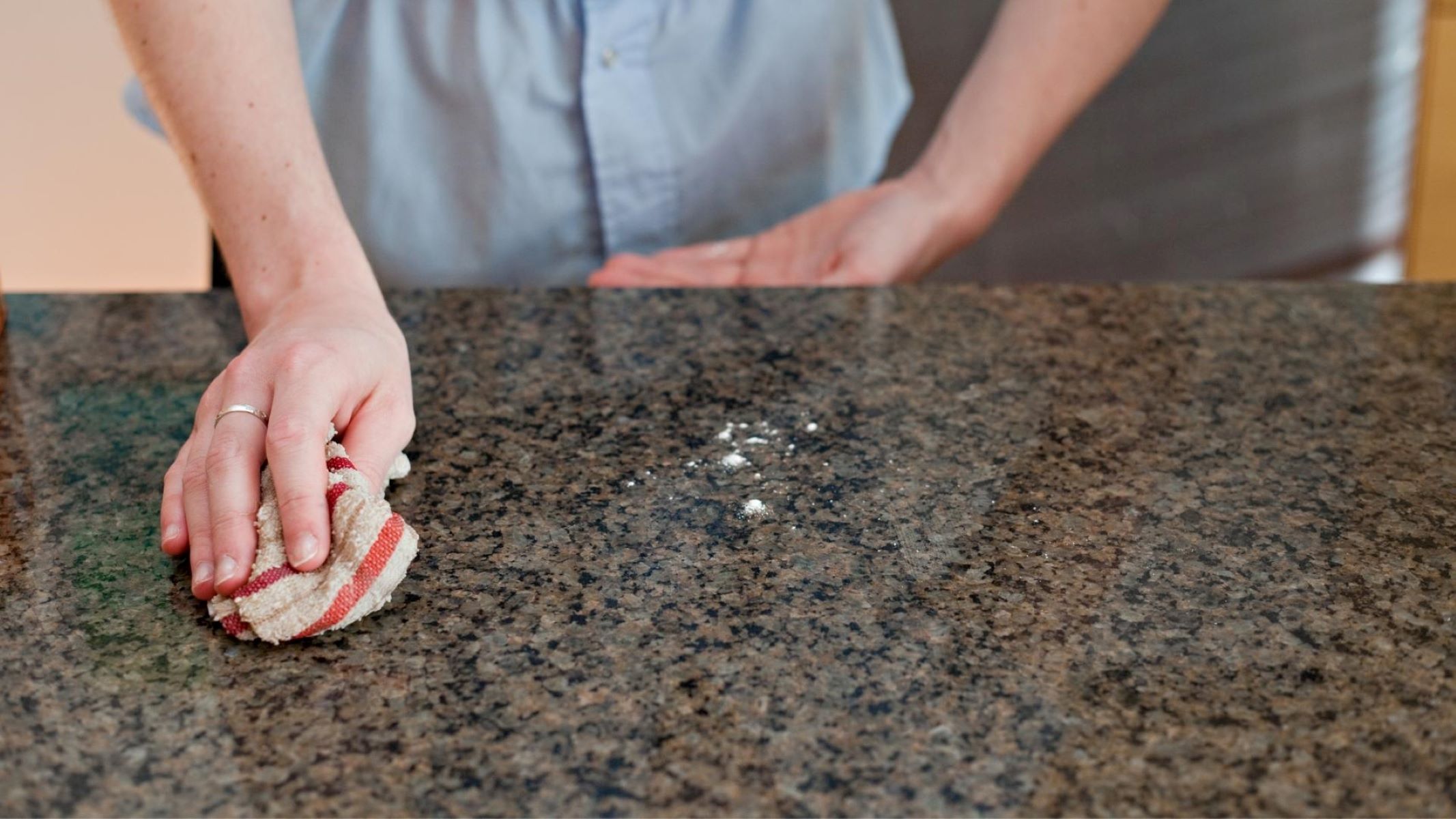
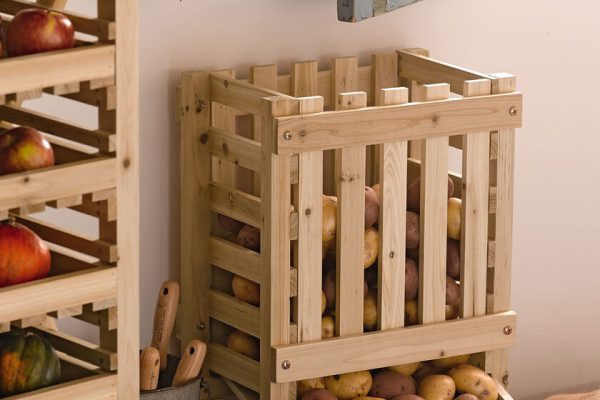
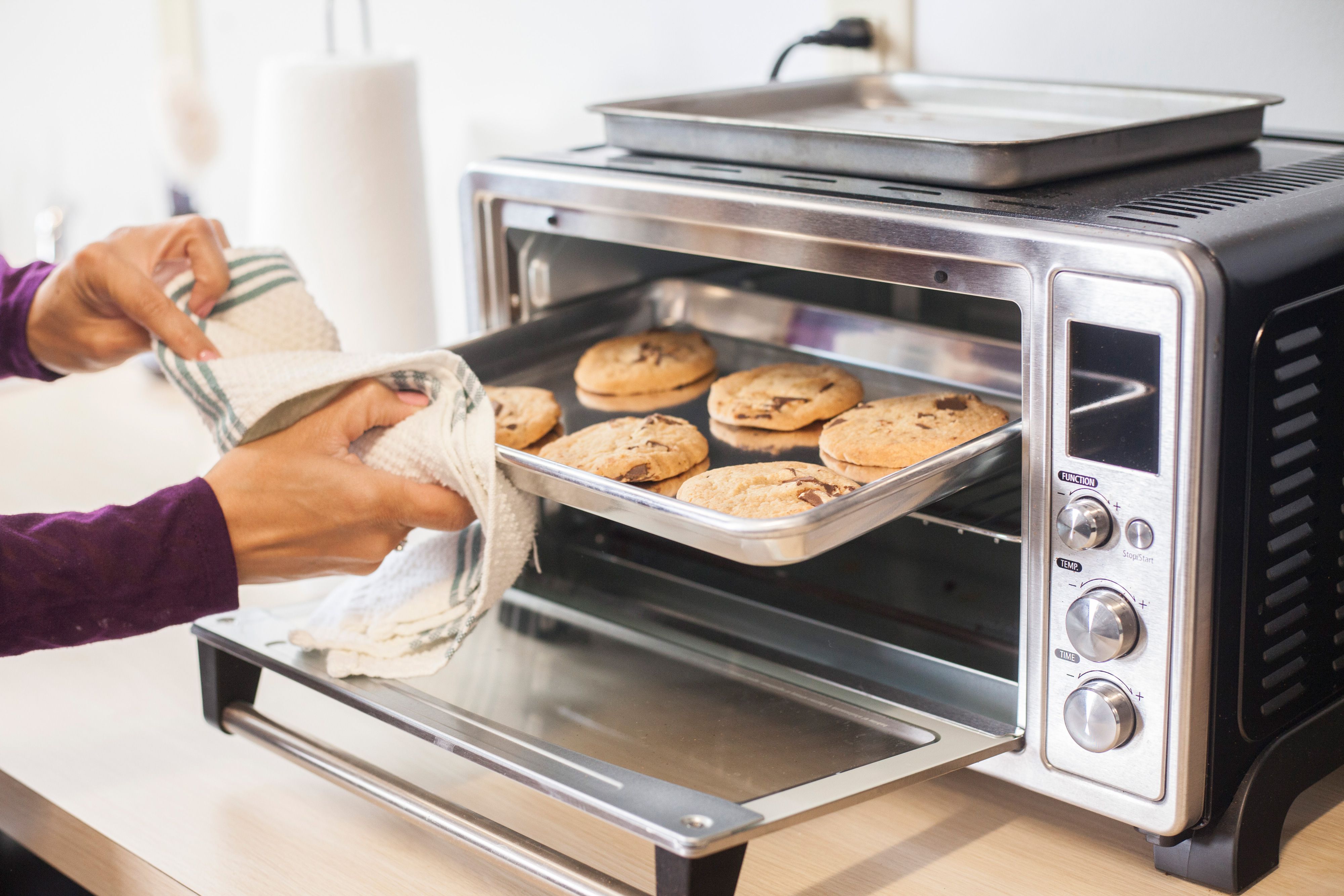
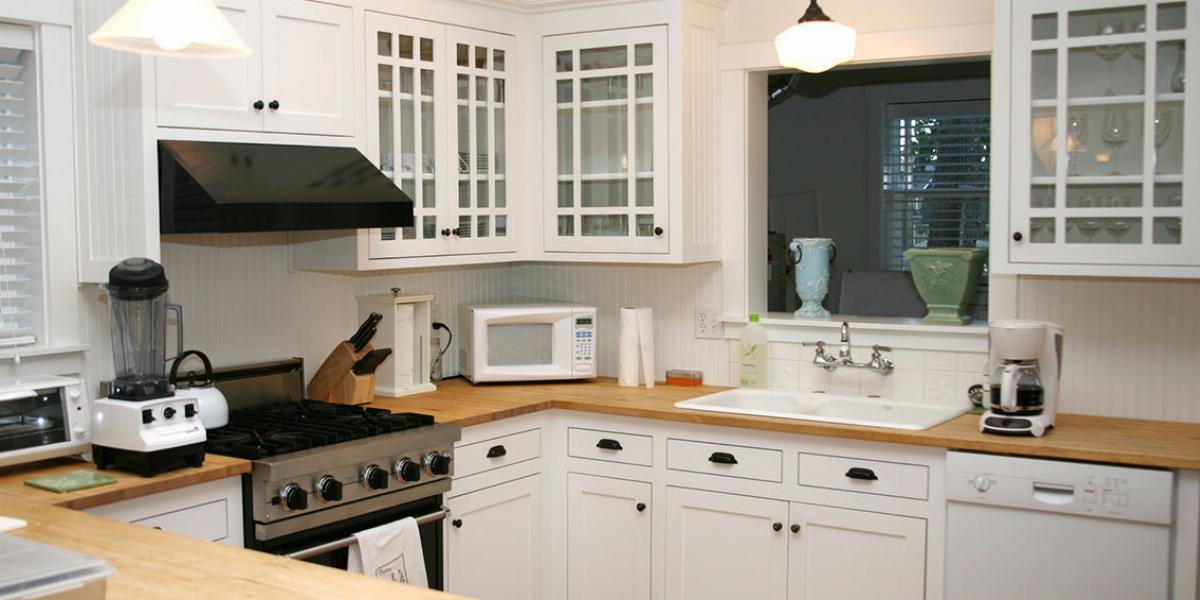
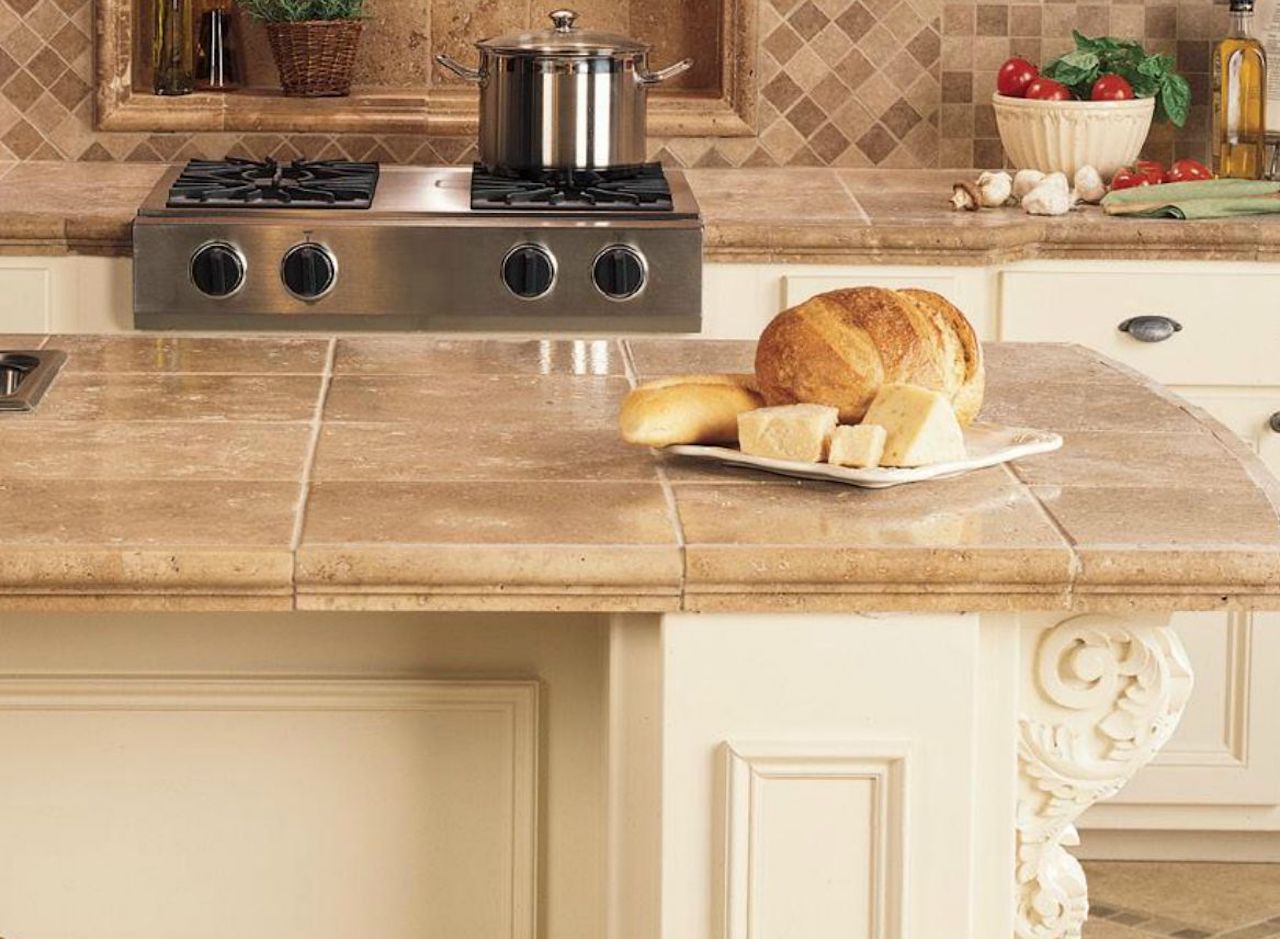
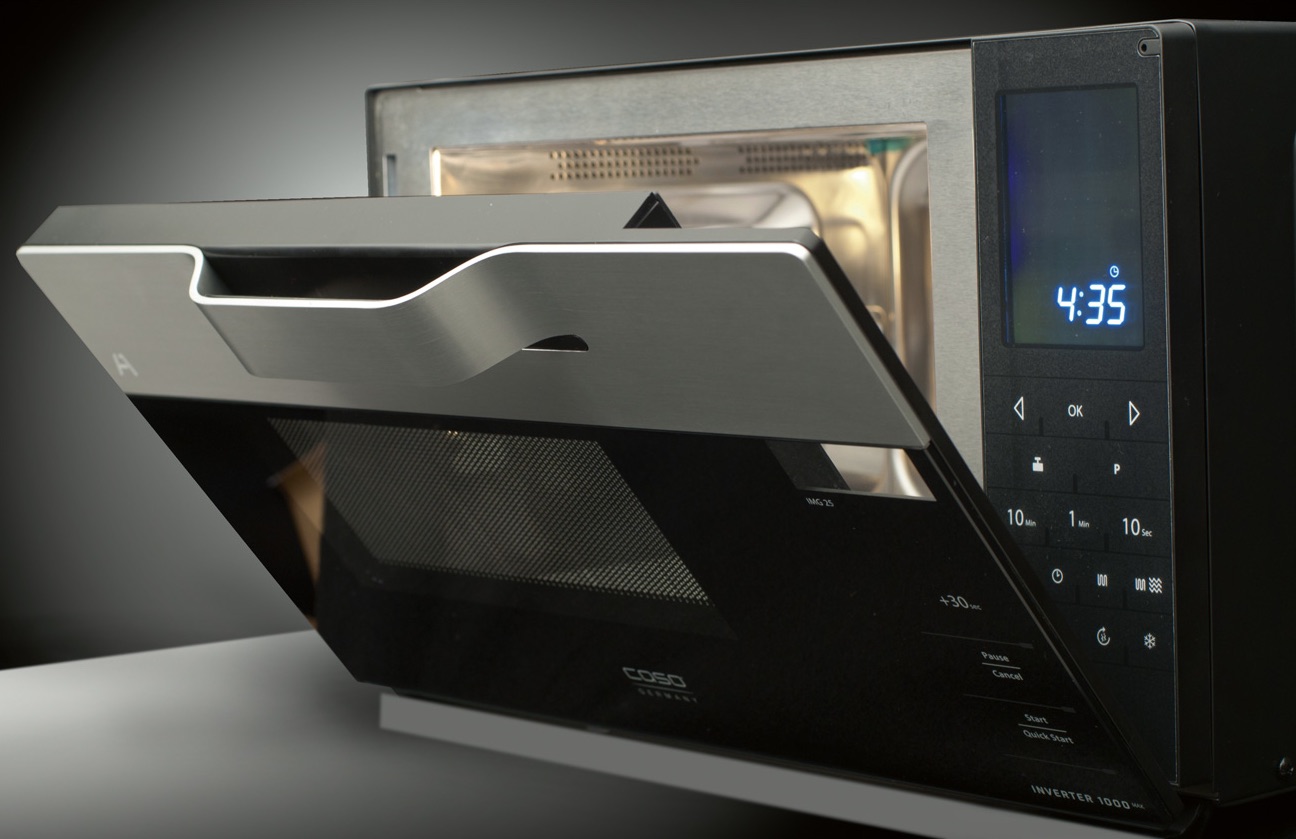
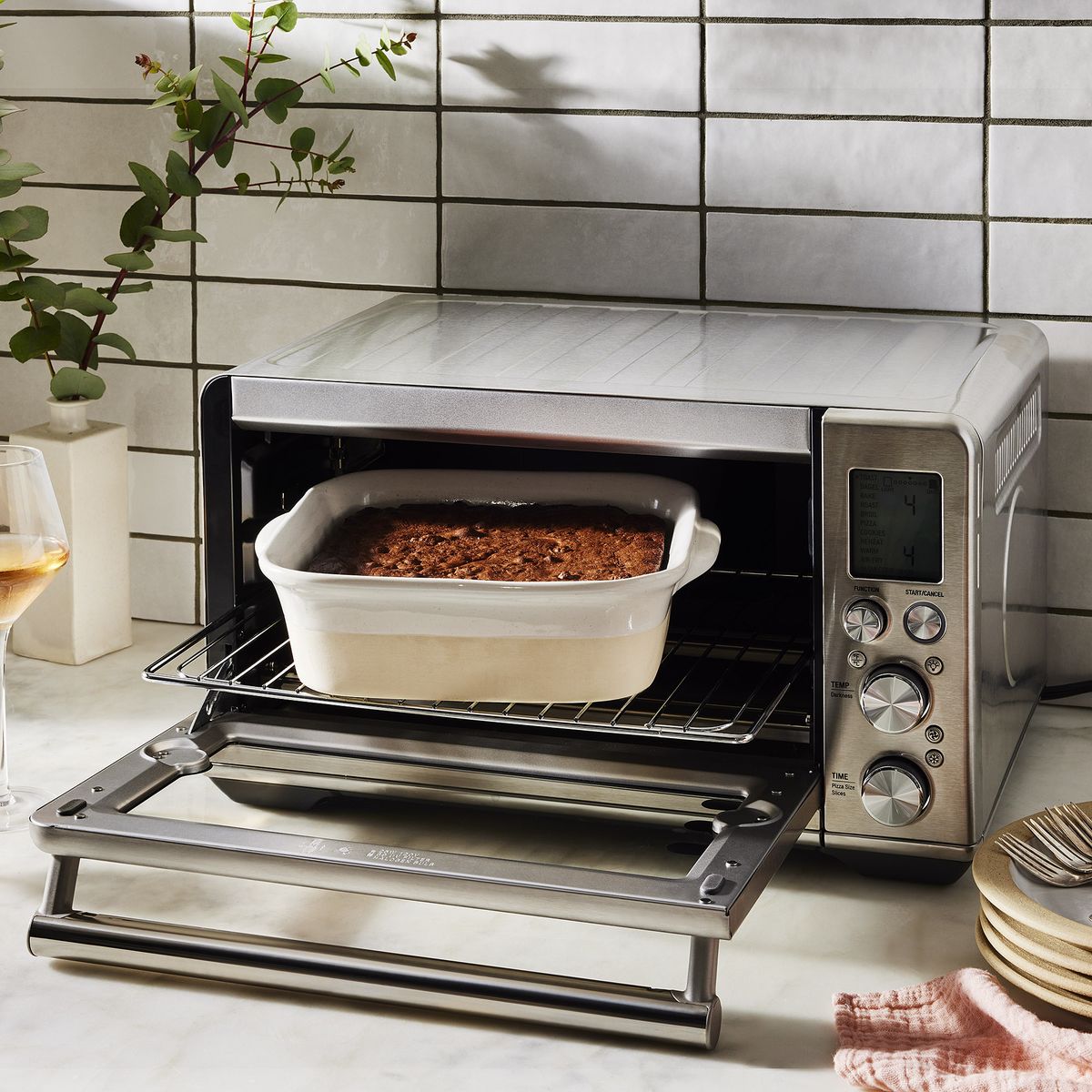
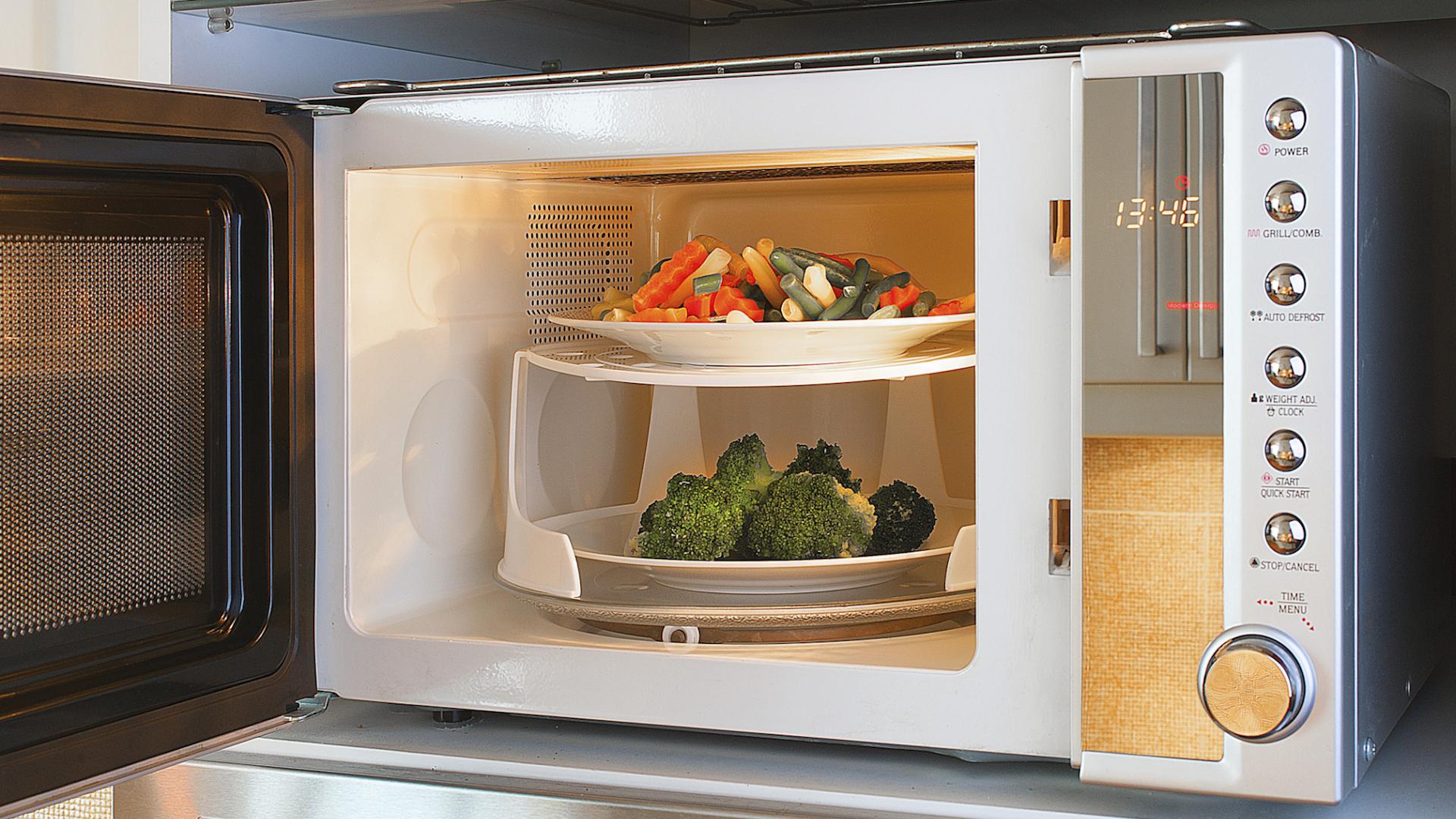
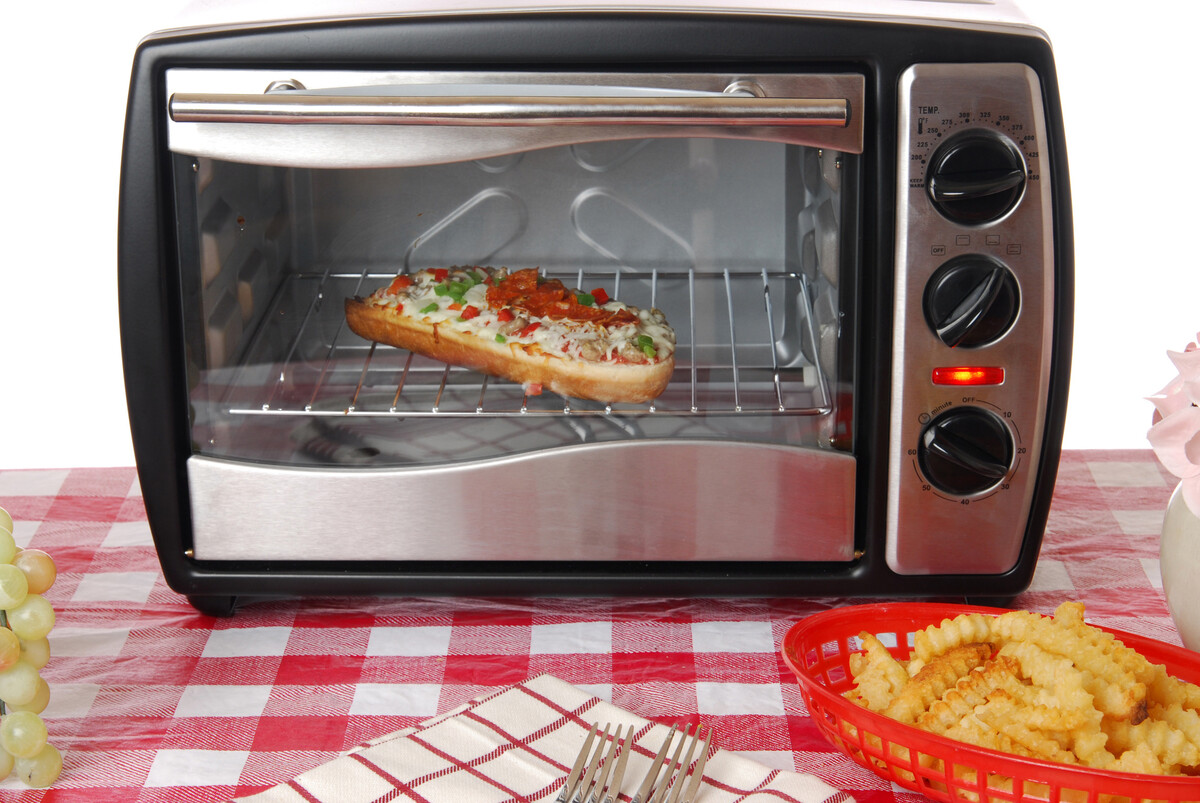
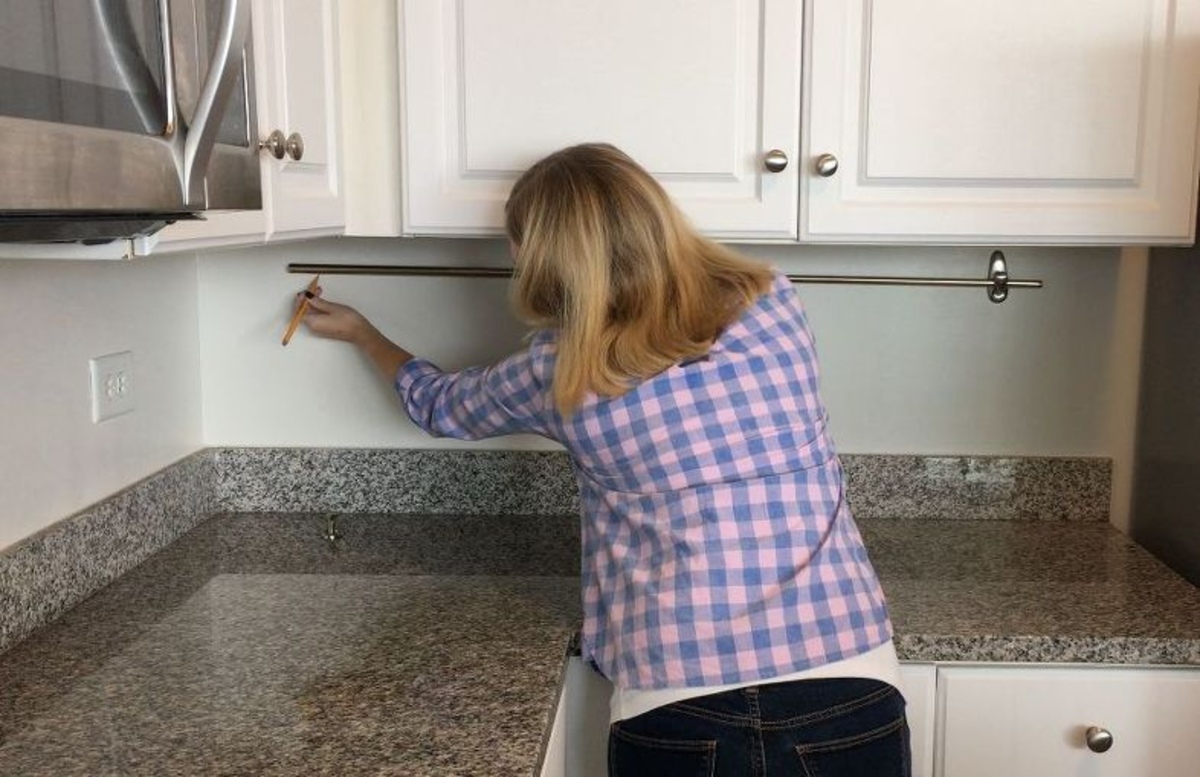
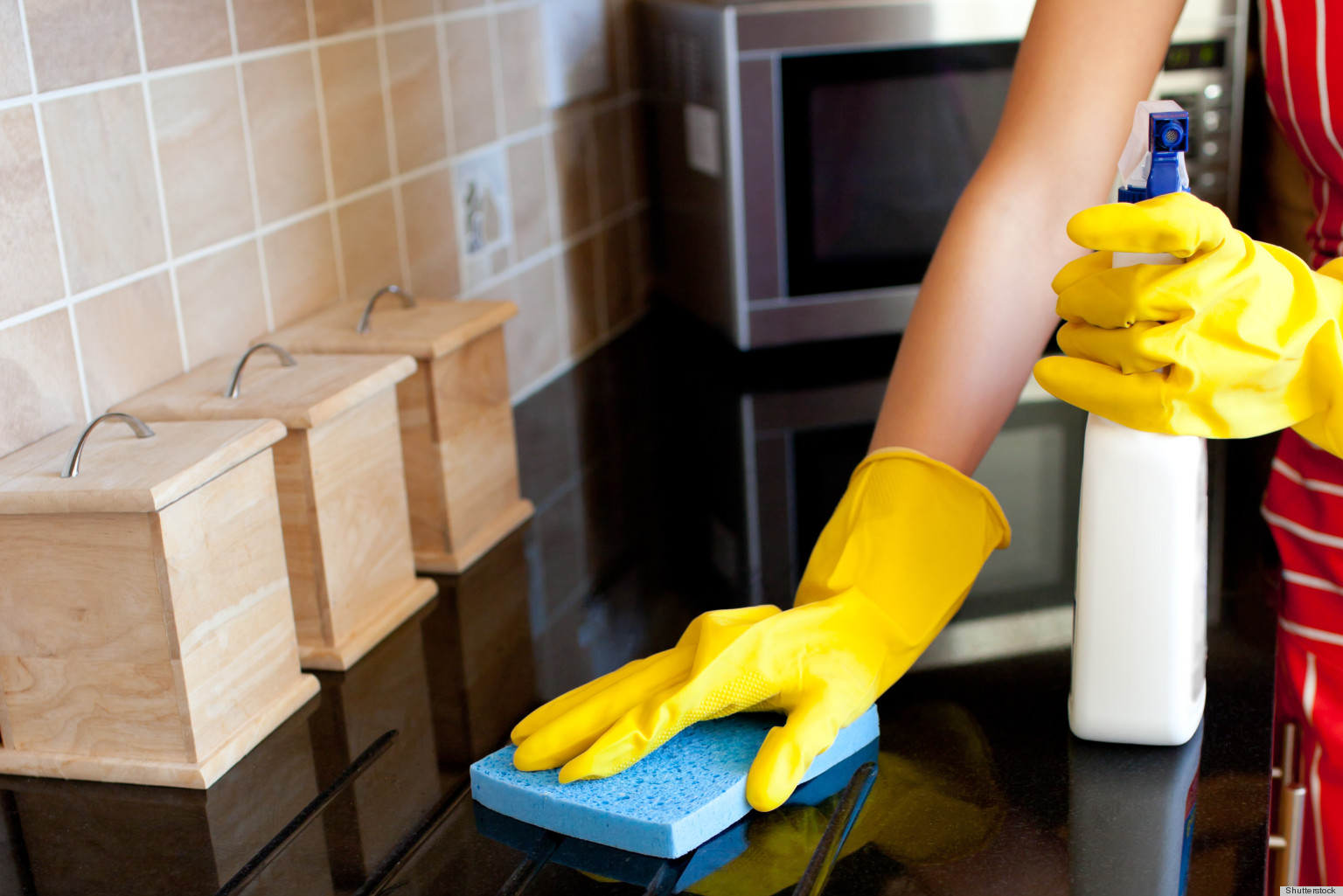
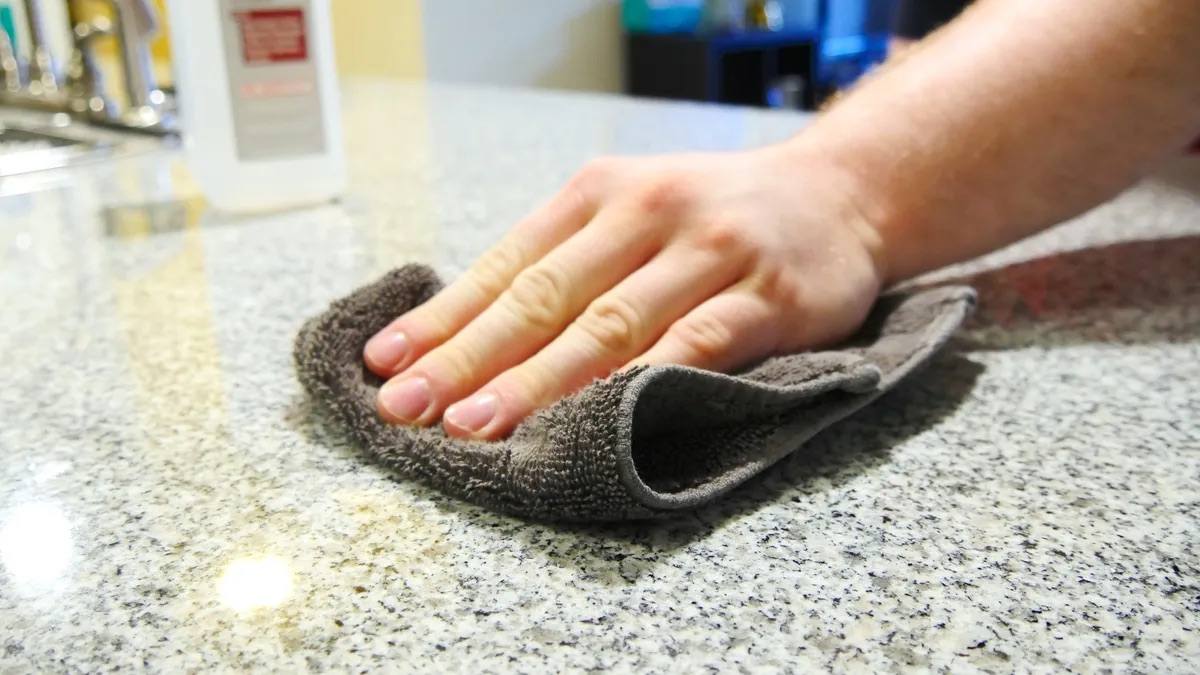
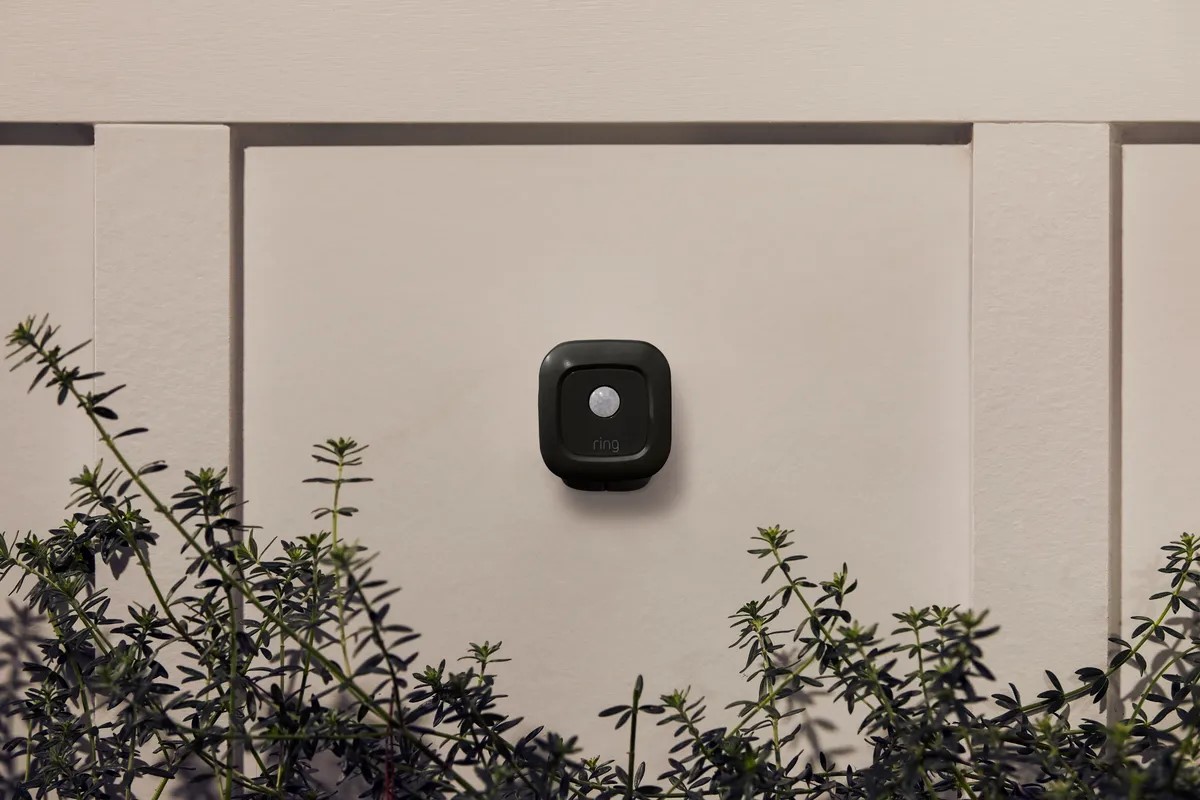
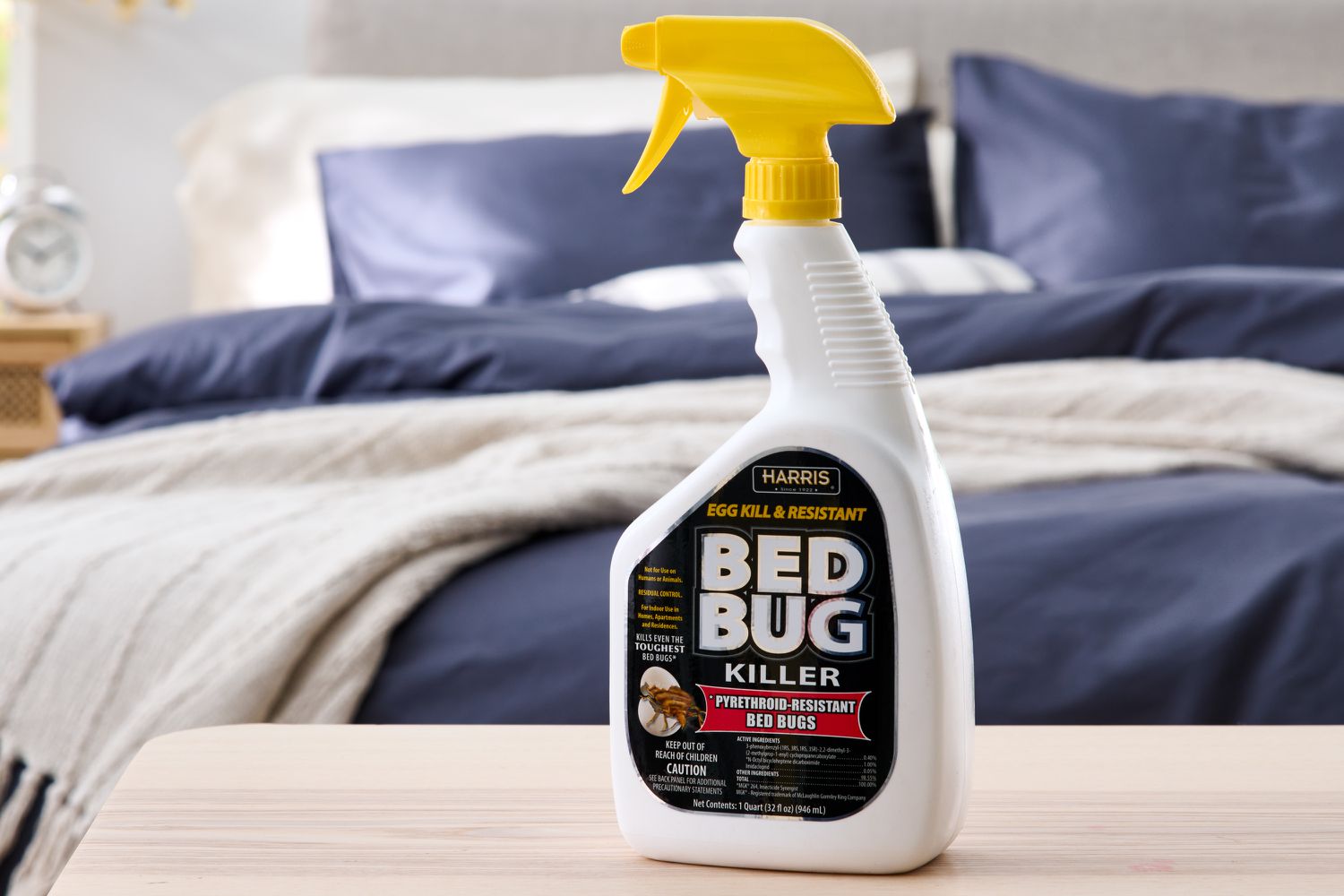

0 thoughts on “What Is The Effect Of Oven Cleaner On Kitchen Countertops?”